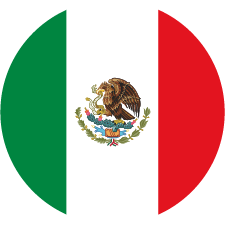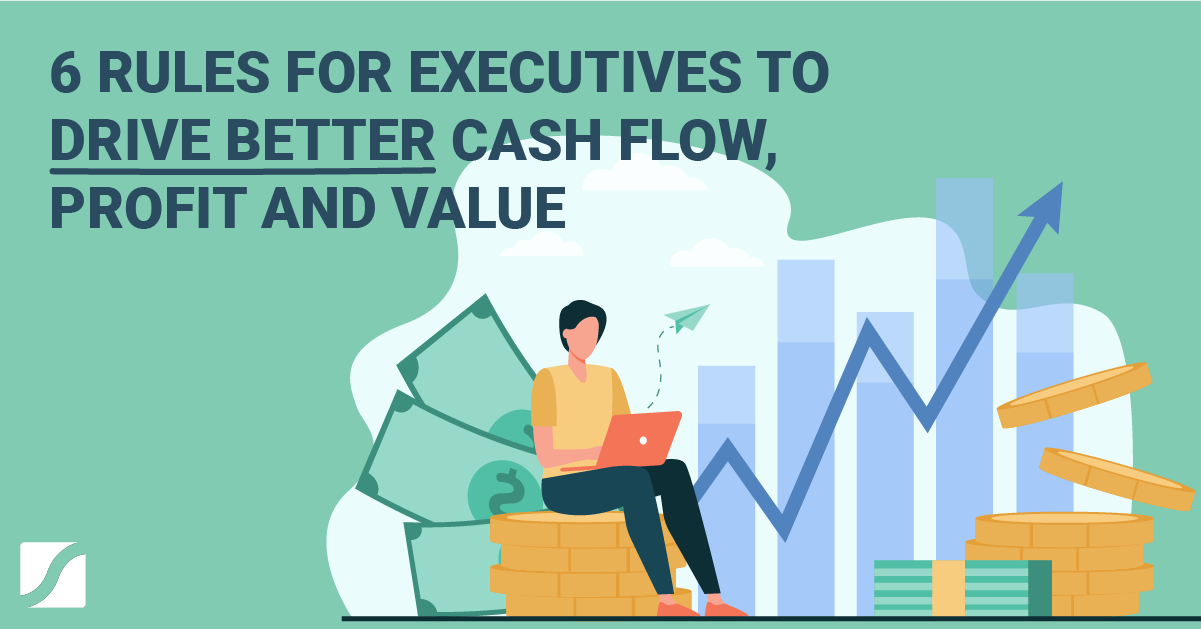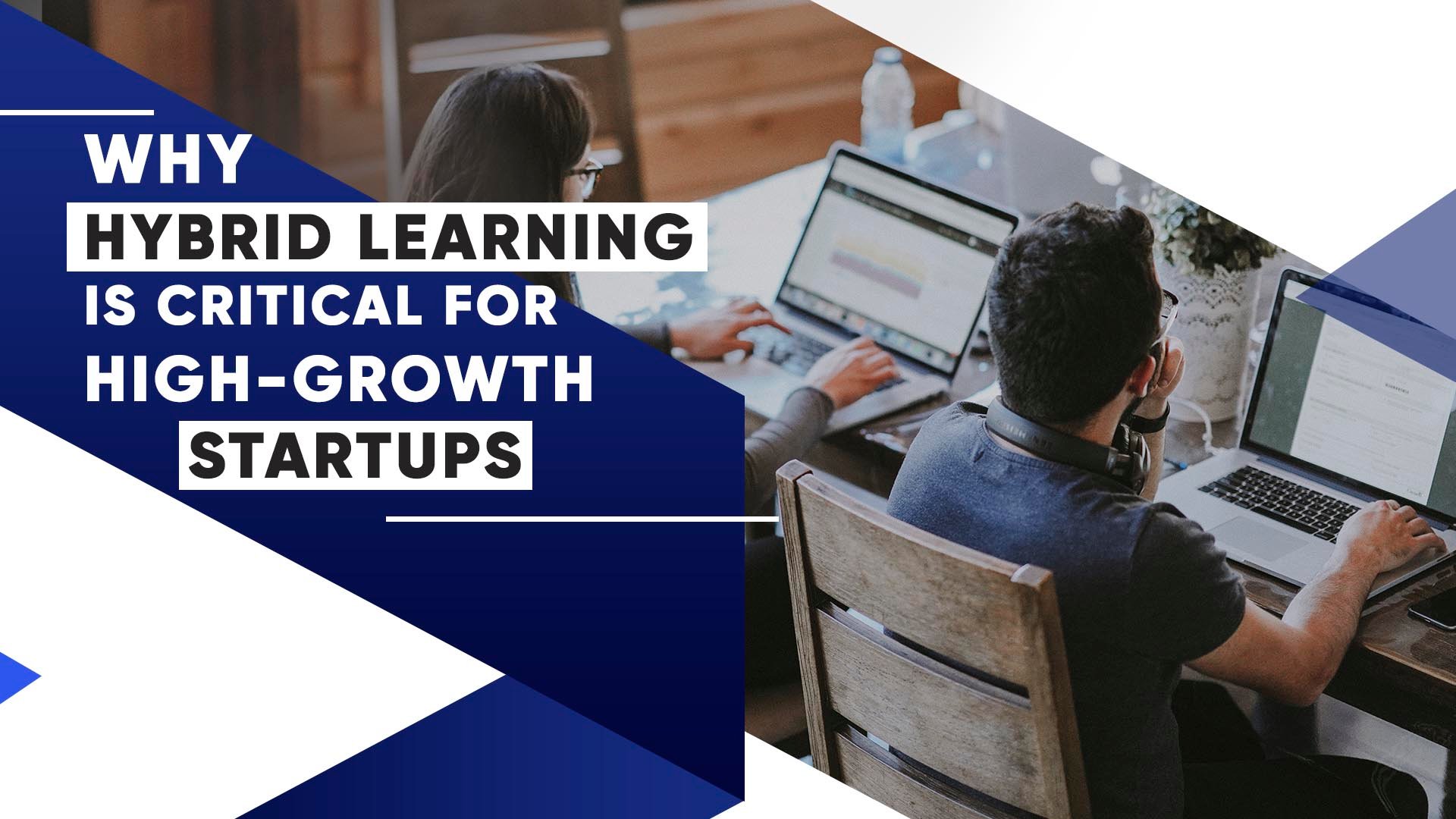What Conscious Capitalism Can Teach You About Building a Legacy
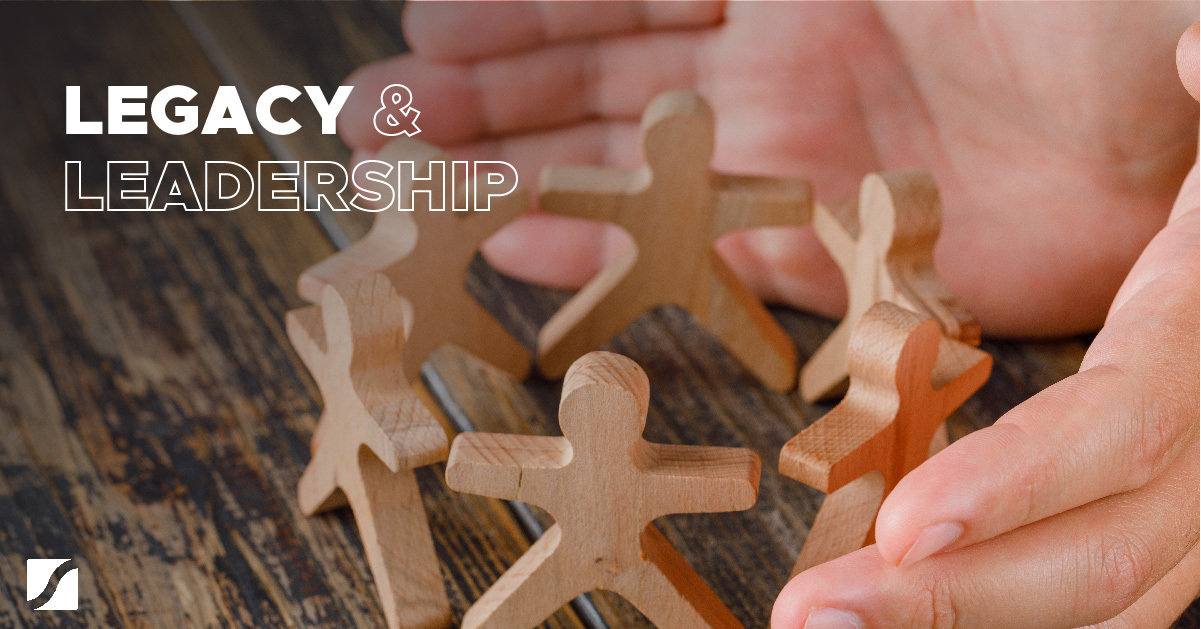
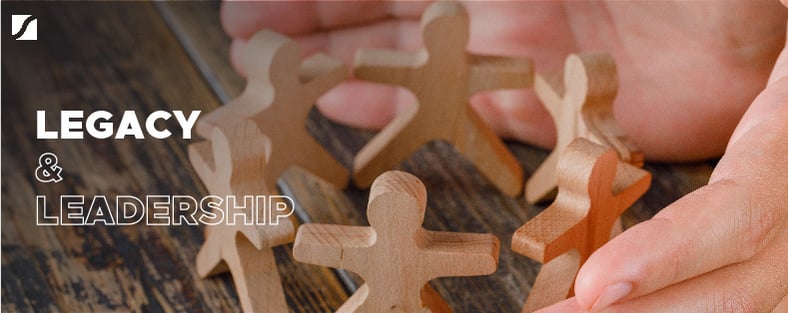
If you’re a business leader, you are part of a very influential group of people.
Trust in businesses has gone up, and because of that, people want to know what business leaders think about all kinds of issues – even things that don’t even have anything to do with business.
If you are in such a role, being purposeful about how you use your influence is critical in both your life and the lives of those around you, as well as in how you create your legacy.
Let me show you how to consider how you want to use your own influence as a business leader.
To Think About Your Legacy, Start With Purpose
Not long ago, I met a very successful entrepreneur. He told me that he just started a wealth management firm.
He said,
“I was spending a lot of time mentoring entrepreneurs and CEOs. Eventually, they got to the point where they sold their business. And suddenly they had all this money, all this capital. Now they’re trying to figure out what to do with it -- how to not just invest it, but give it away.
“They start to ask these deep questions like, why they're here, and what the purpose of their life is, and how do they want to give away their money. So I started this wealth management firm to help people along their journey. “
My first thought was, wow, that's really pretty cool. I love the fact that people are reaching this point in their life where they are thinking about how they want to give money away effectively.
But there’s also a part of me that’s a little sad.
Because these people are only now asking questions about their purpose, about how they want to be remembered. Before they sold their company, they may not have had quite as much affluence. But they had something much more powerful: influence.
Define Your Leadership Through Influence
Businesses create value by solving problems.
But that's not all we do. We interact with our stakeholders -- our partners, our vendors, and people in our community. We make an impact on these people. And we make the biggest impact of all on our employees.
We provide an opportunity for them to make a living and take care of their kids. And it goes way beyond that.
Imagine yourself in your employees’ shoes. If your boss is mean and critical and calls you out…you’re not happy. But a few encouraging words can change your whole demeanor.
We impact not just our employees’ mood, but their self-esteem, their sense of worth.
As business leaders, we influence more people, more profoundly, than we will at any other time in our lives.
Focus On Influence, Not Affluence
Take my company, Jackson Healthcare.
We get to help save lives every day. It's a pretty good value proposition. Thousands of doctors work for us. And many of those doctors are incredibly passionate about doing medical missions. They volunteer their time to perform surgeries and procedures that people would otherwise not have access to.
Now, I’m the kind of guy that isn’t satisfied with leaving good enough alone. I thought about these missions, and I realized that there is a problem with the way they’ve been done: they’re not scalable.
The doctors volunteer their time, but they have to pay to travel. Some places in Africa, Asia, and South America are hard to get to. They stay for a week or two weeks, see a few patients, and they’re gone. So I told my team, “go figure this out. Find a way to make medical missions scalable.”
And they did – in fact, they created something incredible. My team found a way to give thousands of orphans in developing countries access to American medical care. Using our new system, a primary care doctor will see every kid in the orphanage virtually. 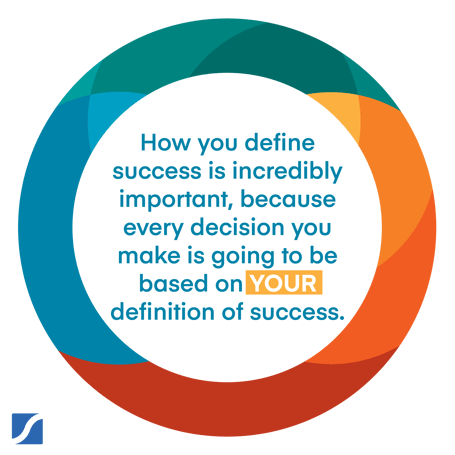 One of those kids was a little boy in Africa who had been diagnosed with a rare, fatal, and highly contagious skin condition. To keep it from spreading, the local doctor had advised the orphanage to isolate the child. The only place they could find to keep him separate was a closet, and the boy had been in that closet for weeks.
One of those kids was a little boy in Africa who had been diagnosed with a rare, fatal, and highly contagious skin condition. To keep it from spreading, the local doctor had advised the orphanage to isolate the child. The only place they could find to keep him separate was a closet, and the boy had been in that closet for weeks.
The people who ran the orphanage weren’t trying to be cruel to this kid -- it was the only space they had.
So one of our doctors looked at this boy, and found that he had been misdiagnosed.
What he actually had was a condition that is easily treatable. The medication he needed was available in a nearby village. Because of our program, the kid was taken out of isolation, and a year later he was adopted by a loving family.
We have thousands of stories like that.
Your Employees Are Your Biggest Stakeholders
Now, this story isn’t about me. It’s about our stakeholders.
What I did was give incredibly skilled people the opportunity to solve a significant problem. As business leaders, we oversee resources. Of those, the greatest resource is our ability to direct the skills of the people that work for us.
When somebody comes to work for you, they're voluntarily taking their time, their skills, their energy…and they're putting them in your hands.
They’re saying, “I’m going to allow you to tell me how to use my time, my skills, my energy, my focus. And I do that because I trust you to use those things in a way that will be good for me and that will help me make a difference." That's what your employees are saying to you.
That is tremendous influence.
Your Legacy Defines Your Path to Success
About 15 years ago we bought a company out of bankruptcy. When we first started working together I asked them how they do business and learned that every part of their business was built around driving revenue.
We came to the table with a different outlook. We wanted to build something that would be sustainable for decades. Of course, you have to have a profitable business. But you have to build it in a way that’s a ‘win’ for your customers. You want today’s customer to still be your customer ten years from now.
That’s how we think about success, and it’s different from the short-term concept of quarterly earnings.
In the case of the company we acquired, this meant canceling some contracts and firing some customers. It meant changing the pricing, marketing, and sales strategies…revamping the delivery and operations. Our employees made these changes because they had a new definition of success.
What’s Your Definition of Success?
What do you consider a win?
It’s not always easy to define success for our businesses. And what one person or one organization considers to be successful doesn't feel like success to someone else.
But how you define success is incredibly important because every decision you make is going to be based on your definition of success.
And how you succeed is the legacy you leave behind.%20(1).png?width=317&name=CC_Question%20to%20think%20through%20your%20legacy%20infographic%20(1)%20(1).png)
Use Conscious Capitalism To Create Your Legacy
People think about their legacy in different ways.
You often hear in the last year of a president's term how they’re really thinking about their legacy. Some people talk about building a school or a building as a legacy. But what use is a building, beautiful as it might be, if no one goes inside?
If you create an incredible school that doesn’t actually educate anyone, it’s meaningless.
Those things take on meaning when they intersect with people, with your stakeholders. Your impact, your imprint, actually has nothing to do with you. It has everything to do with what you do for others.
If you’re running a business, you might be at the point in your life when you have the most influence that you will ever have. You could be in the time of life when you have the greatest impact that you will ever have.
This might be the time for you to define your legacy.
What Can Conscious Capitalism Teach You about Building a Legacy?
Here's my challenge: decide what success means to you. Decide what winning means to you. Not for your business, although you should do that too.
To get started, ask yourself a few questions…
- What does it mean for you to live a successful life?
- When people talk about you, what do you want them to say about you?
- When you look back on your life, what do you want to be able to say about what you’ve accomplished?
Don't wait until you’ve traded your influence for affluence. Find success for yourself, so that you can take advantage of every decision you need to make, every interaction you have, to live a successful life.
If every one of you does that, you will indeed be part of the most powerful group of people in the world, because you'll be building your legacy in the here and now.

